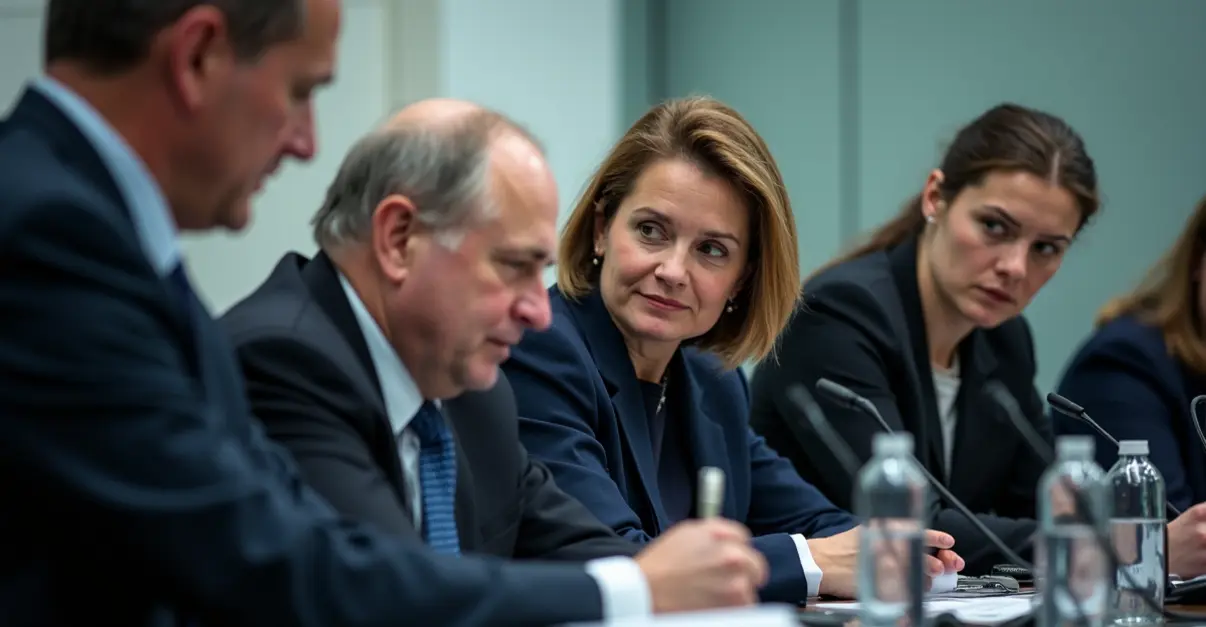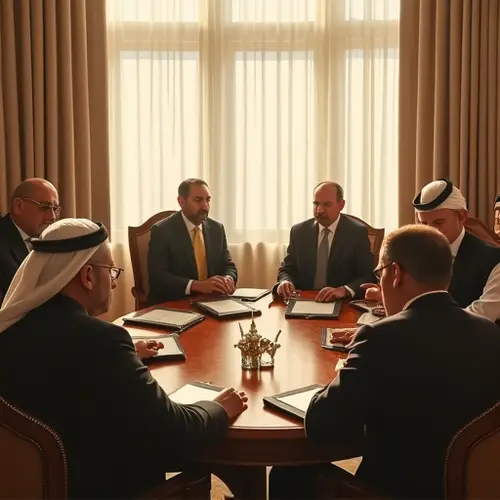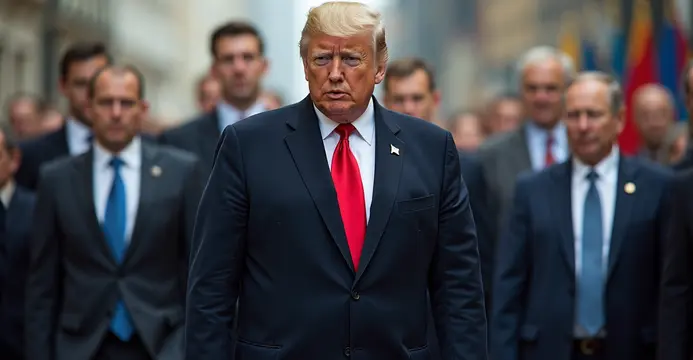Polish President Nawrocki's Berlin visit strained by €1.3 trillion WWII reparations demand, overshadowing crucial NATO security cooperation amid Russian drone incursions.

Tense Diplomatic Meeting in Berlin
Polish President Andrzej Nawrocki's first official visit to Berlin turned into a diplomatic minefield as he renewed Poland's demand for €1.3 trillion in World War II reparations from Germany. The meeting with German President Frank-Walter Steinmeier and Chancellor Friedrich Merz was marked by unusual restrictions on press access, preventing journalists from asking critical questions about the contentious issue.
Historical Claims Resurface
Nawrocki, a historian by training, had campaigned on restoring "national pride" and made the reparations demand a central theme of his presidency. Germany maintains that the matter was legally settled through international agreements in the 1950s and 1990s, though this position remains controversial among historians.
"The question of reparations is legally conclusively clarified from the German perspective," Steinmeier stated in a post on X, while emphasizing that promoting remembrance remains a shared concern.
Security Cooperation Overshadowed
The timing of Nawrocki's demand comes at a critical moment for European security. Just last week, Russian drones penetrated Polish airspace, triggering NATO's Quick Reaction Alert and highlighting the importance of German-Polish defense cooperation. German Patriot air defense systems assisted in tracking the drone incursion, and Germany immediately extended its air support for Poland's defense.
Chancellor Merz's spokesperson emphasized that "the joint defense of NATO's eastern flank has the highest priority," conspicuously avoiding any mention of the reparations discussion in their official statement.
Political Divisions Complicate Relations
The awkward visit reflects deeper political divisions. While Poland has pro-European Prime Minister Donald Tusk, President Nawrocki represents the nationalist Law and Justice (PiS) party, which has accused Tusk of dancing to "imperialist Germany's tune." Nawrocki has already removed the EU flag from the presidential palace and used his veto power to block military support for Ukraine.
Migration policies have further strained relations, with Germany intensifying border controls and returning asylum seekers at the German-Polish border, drawing accusations from PiS that Germany is "flooding Poland with rejected migrants."
Despite these tensions, both countries recognize the strategic importance of their partnership, particularly given uncertain US support under President Trump and increased Russian aggression. The incident demonstrates how historical grievances continue to shape contemporary European politics even as security challenges demand greater cooperation.

 Nederlands
Nederlands English
English Français
Français Deutsch
Deutsch Español
Español Português
Português







